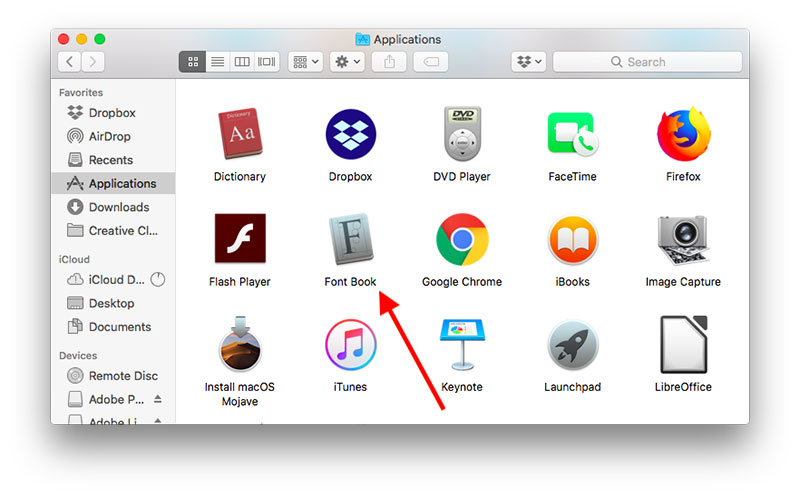Select all the files, or just the ones you want to use, and drag them out of the folder to another location on your computer. You can drag them into a folder or place them on the desktop. On your Mac, do any of the following: Compress a file or folder: Control-click it or tap it using two fingers, then choose Compress from the shortcut menu. If you compress a single item, the compressed file has the name of the original item with the.zip extension. If you compress multiple items at once, the compressed file is called Archive.zip.
How to Extract All Files from a Compressed Folder (Zip File) If your compressed folder (ZIP file) contains many files, it's often easiest to extract them simultaneously into a new folder. To do so, locate the Zip file you'd like to unzip/extract in Explorer. Right-click the file, and then select 'Extract All' from the pop-up menu. UnRAR files on your Mac from the Finder. If you have saved a.rar file in the Finder, double-click it to open. After opening it, you can view some or all of the contents by highlighting the files and pressing Command+Y. To unzip the contents, follow these steps: Click the Unzip button.
Frequently Asked Questions
Problems downloading fonts or registering
We support all modern browsers, including Firefox, Google Chrome, Safari, Opera, and Edge.
You must have cookies enabled in your browser in order to download fonts or register at FontSpace. For help with enabling cookies, click here.
How to download and unzip a file
When you see a font you want to use, click the Download button on FontSpace and save the file to your computer. Right-click on the file (it will be a zip file) and click the 'Extract To' option.
Installing fonts in Windows
Windows 10, Windows 8, Windows 7 or Windows Vista
Right-click on the font and choose Install. Or, you can open the font in the default Windows font viewer and click the Install button
Windows XP
Go to Start > Control Panel
Open the Fonts folder.
Browse for the font you want to install (you extracted this from the zip file earlier)
Click OK
All Windows versions
Drag and drop (or copy and paste) the font file to the folder C:WindowsFonts
If you want to temporarily install a font, just Double-click the font file and you can use it in your applications (Microsoft Word, Adobe Photoshop, etc..) while it is left open. To uninstall the font, close the Font Viewer.
Installing fonts on a Mac
Installing fonts in Linux
Font formats
License Info
The license type of a font determines how you may use it.
Personal Use typically refers to any use that is not meant to generate profit, such as:
- Scrapbooking
- Graphic design for personal websites, blogs, etc..
- Flyers or invitations to friends and family
- Churches, charities, or non-profit organizations
- Making T-shirt for yourself or friends at no charge
- Flyer or poster for an event that charges admission
- Printing a T-shirt that you will be selling
- Text or graphics in a book
- Graphic design work (logo, business card, website)
- And any other situations where you are getting paid
Regardless of the license, if you use a font and enjoy it please consider making a small donation to the font designer.

Mac Unzip All Files In Folder
Bitmap / Pixel Fonts
Mac Terminal Unzip All Files In Folder
Certain fonts, such as bitmap or pixel fonts, are best viewed at a specific size. Be sure to turn off anti-aliasing in any software you are using.
To convert from pixel to point:px * .75 = pt (example: 8px is equivalent to 6pt)
To convert from point to pixel:pt / .75 = px (example: 6pt is equivalent to 8px)
